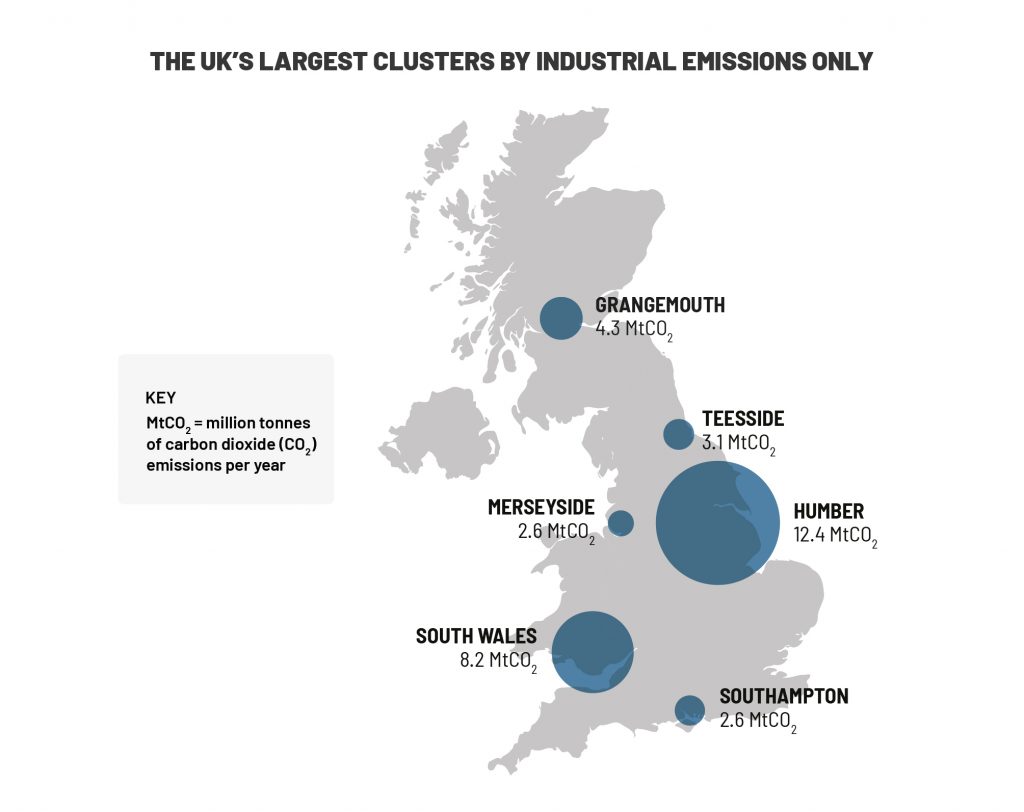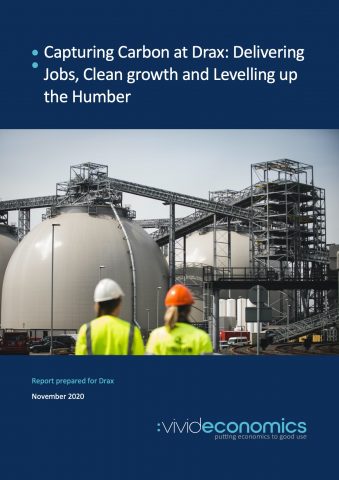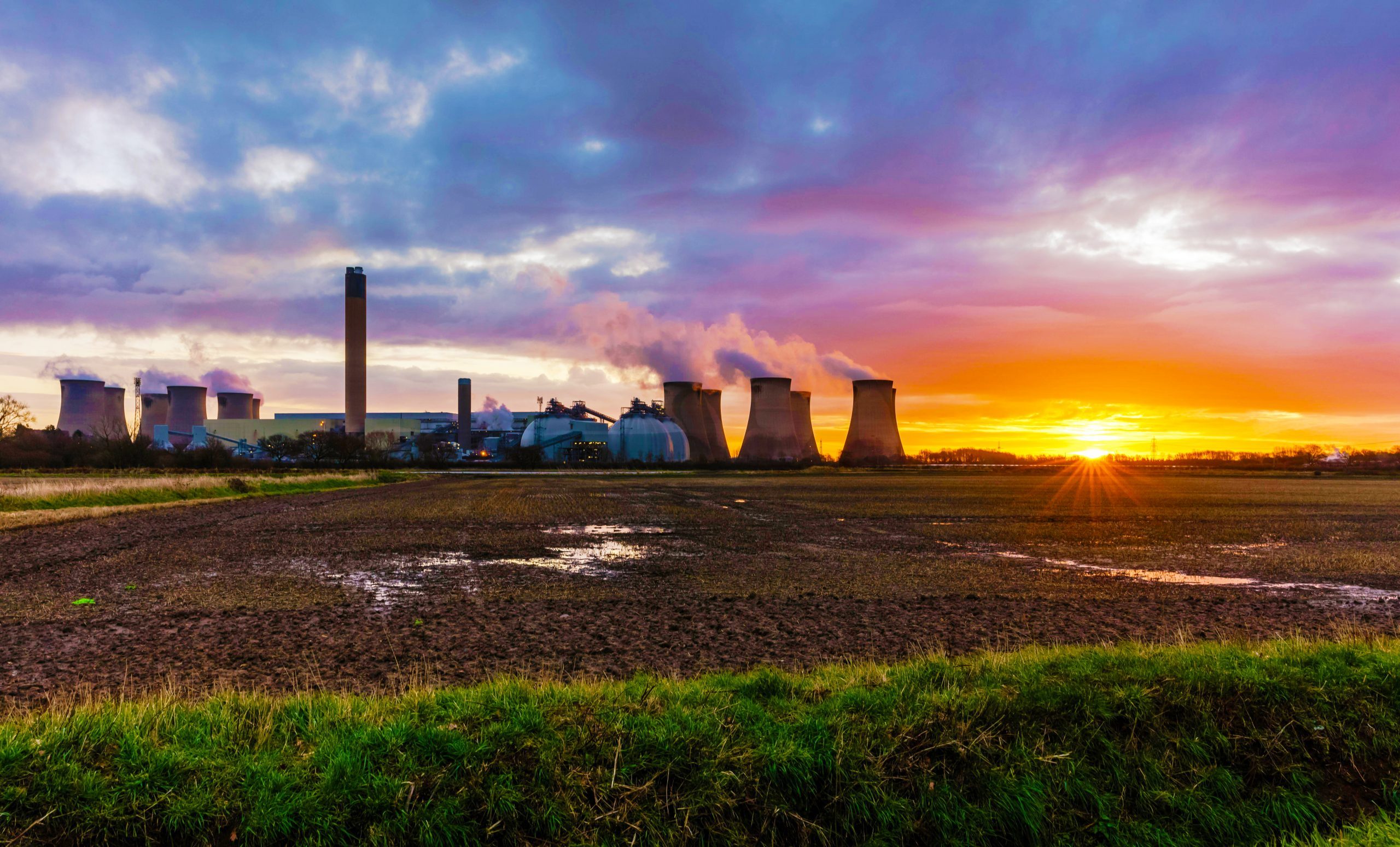
An engineering apprentice from Doncaster has won two top prizes at the UK’s biggest renewable power station’s annual awards event in recognition of his achievements over the past year.
Budding craftsperson Lewis Marran, aged 22, has won the Craft Apprentice of the Year 2020 (Year 2) and the Paul Chambers Outstanding Achievement Award at the Drax annual apprentice awards – following on from him winning Maintenance Apprentice of the Year in 2019.
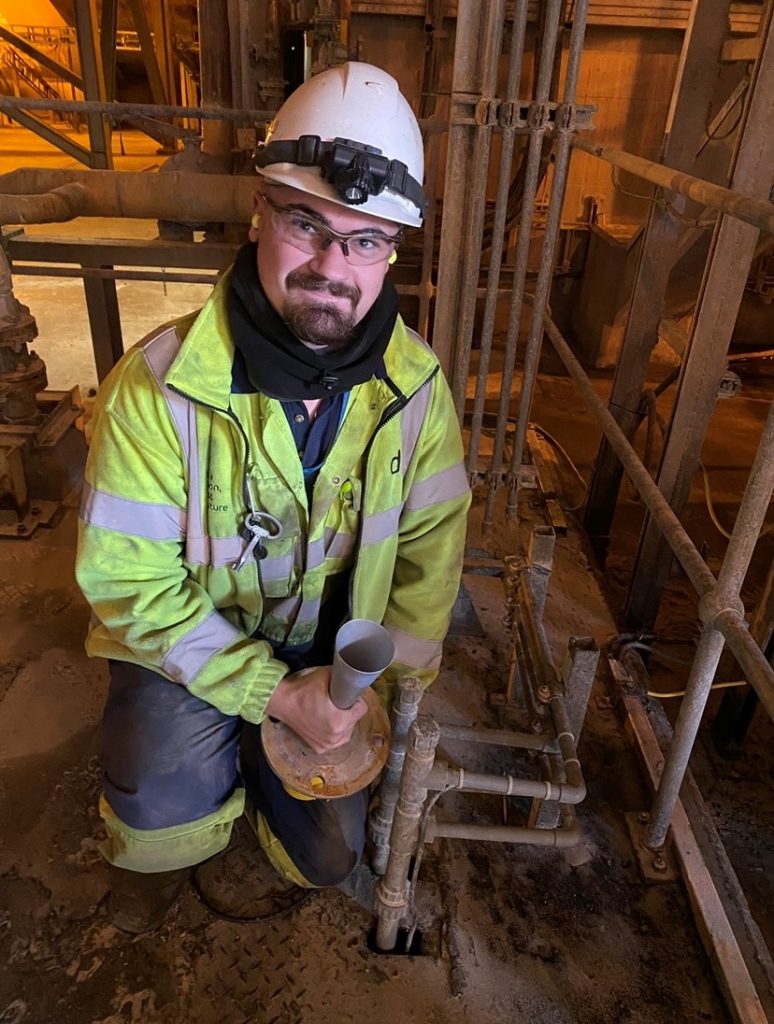
Lewis Marran
Having completed his time at the Uniper training academy, where Drax’s apprentices begin their training, he is now looking forward to entering the final year of his apprenticeship at Drax Power Station in North Yorkshire. Lewis hopes to work at Drax full time after completing an NVQ in control and instrumentation.
He said:
“I will look back on this year as a very positive experience. I would like to thank the staff at Uniper and Drax for their support as well as the craftspeople I’ve worked with who helped me build my skills and develop in my role.”
The coronavirus pandemic meant that this year’s awards event was held virtually, but none of the glamour and excitement was missing as apprentices from across the Drax Group were recognised for their efforts overcoming the unprecedented challenges that Covid-19 brought.
Mike Maudsley, Drax’s UK Portfolio Generation Director, who hosted the event, said:
“Supporting education and skills across our region is essential for a green recovery, and Drax is committed to championing young people and supporting them in their early careers. Covid-19 has meant that it has been a challenging year for everyone at Drax, but our apprentices rose to the challenge, bringing enthusiasm and fresh ideas to the business.”
For the first time this year Drax’s awards involved apprentices from other parts of the Group, including its hydro power stations in Scotland and B2B energy supply businesses.
This year’s winners were:
- Craft Apprentice of the Year (Year 2) and the Paul Chambers Outstanding Achievement Award – Lewis Marran, age 22 from Doncaster
- Craft Apprentice of the Year (Year 1) – Elliot Hand, age 25 from York
- Craft Apprentice of the Year (Year 3) – Ben Scott, age 20 from Brough
- Craft Apprentice of the Year (Scotland) – Gregor Fraser, age 20 from Lenzie
- Business Apprentice of the Year (Non-Customer) – Ben Senior, age 21 from York
- Business Apprentice of the Year (Customer) – Jake Farr, age 20 from Northampton
- Uniper Engineering Academy Award – Sam Brown, age 17 from Scunthorpe
Drax’s long-running apprenticeship scheme is part of its commitment to STEM (science, technology, engineering and maths) education, ensuring the workforce across the region has the skills needed to support a post-covid economic recovery.
The craft apprenticeship scheme gives new recruits the opportunity to gain skills and expertise by working alongside highly qualified engineers. It is a four-year programme, and specialises in three engineering disciplines: Mechanical, Electrical and Control & Instrumentation.
ENDS
Media contacts:
Aidan Kerr
Media Manager
E: aidan.kerr@drax.com
T: 07849090368
Megan Hopgood
Media and PR Intern
E: megan.hopgood@drax.com
T: 07936350175
Editor’s Notes
Drax has been running an apprenticeship scheme for almost two decades at its eponymous power station in North Yorkshire
During the Covid pandemic Drax has invested in young people and supported the communities it operates in through a number of different initiatives, including:
- The company provided a Covid support package worth £750,000 to provide laptops with internet access for school pupils unable to learn from home, supported care homes by offering free energy during the crisis and backed a business debtline to offer support for small businesses.
- Free virtual tours of Drax’s power stations have also been created as an additional educational resource to help schools and parents during the lockdown.
- Virtual work experience has also been on offer.
About Drax
Drax Group’s purpose is to enable a zero carbon, lower cost energy future and in 2019 announced a world-leading ambition to be carbon negative by 2030, using Bioenergy with Carbon Capture and Storage (BECCS) technology.
Its 2,900-strong employees operate across three principal areas of activity – electricity generation, electricity sales to business customers and compressed wood pellet production.
Power generation:
Drax owns and operates a portfolio of flexible, low carbon and renewable electricity generation assets across Britain. The assets include the UK’s largest power station, based at Selby, North Yorkshire, which supplies five percent of the country’s electricity needs.
Having converted two thirds of Drax Power Station to use sustainable biomass instead of coal it has become the UK’s biggest renewable power generator and the largest decarbonisation project in Europe. It is also where Drax is piloting the groundbreaking negative emissions technology BECCS within its CCUS (Carbon Capture Utilisation and Storage) Incubation Area.
Its pumped storage, hydro and energy from waste assets in Scotland include Cruachan Power Station – a flexible pumped storage facility within the hollowed-out mountain Ben Cruachan. It also owns and operates four gas power stations in England.
Customers:
Through its two B2B energy supply brands, Haven Power and Opus Energy, Drax supplies energy to 250,000 businesses across England, Scotland and Wales.
Pellet production:
Drax owns and operates three pellet mills in the US South which manufacture compressed wood pellets (biomass) produced from sustainably managed working forests. These pellet mills supply around 20% of the biomass used by Drax Power Station in North Yorkshire to generate flexible, renewable power for the UK’s homes and businesses.
For more information visit www.drax.com








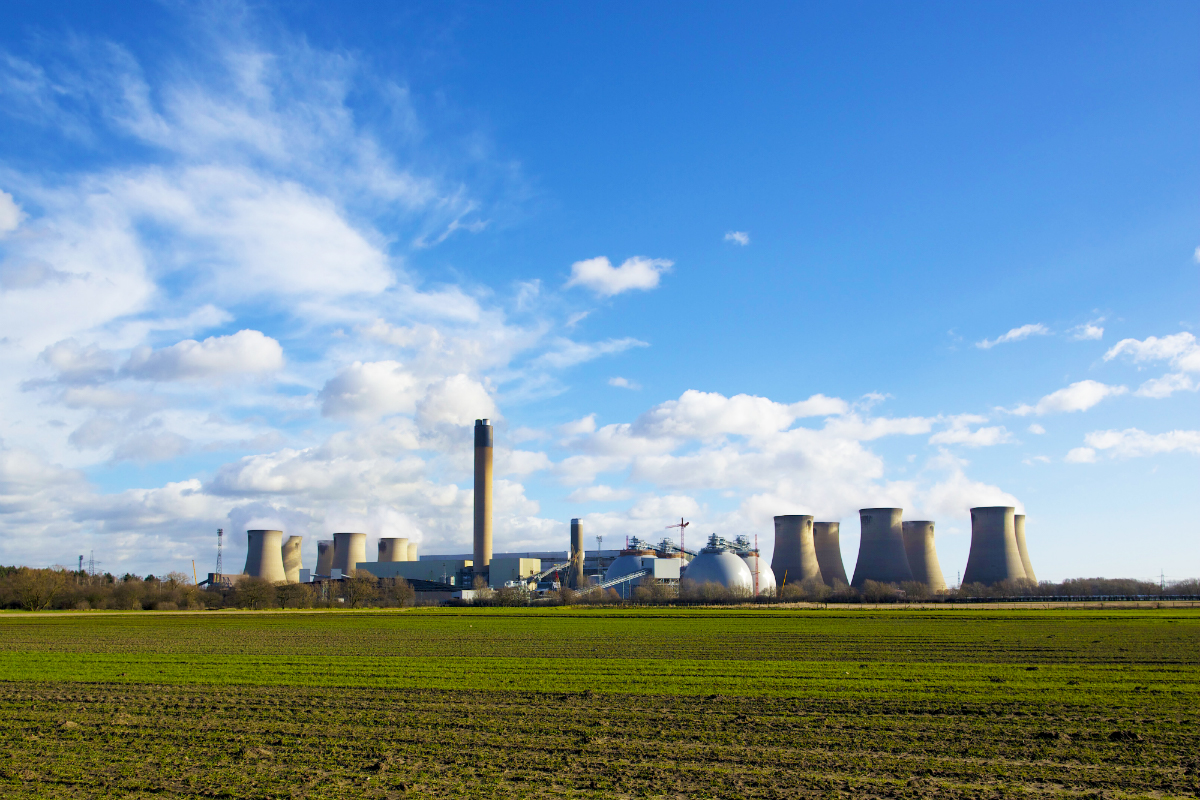
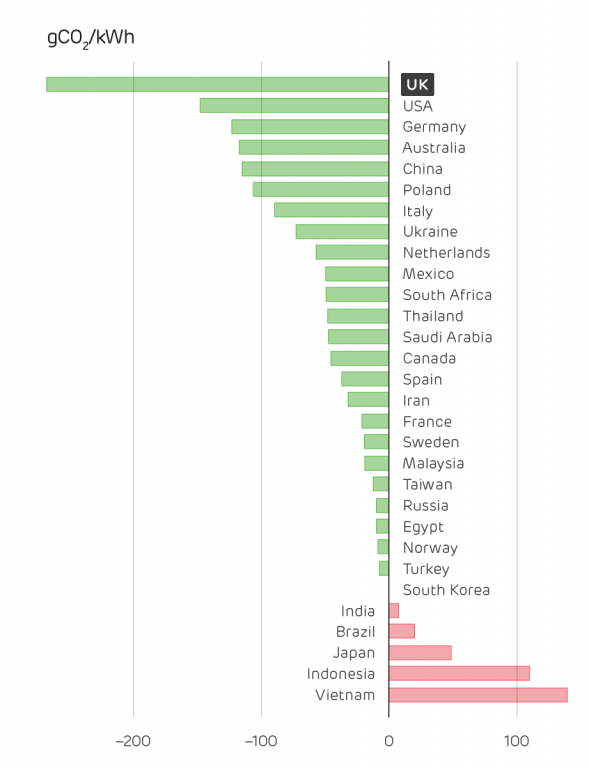
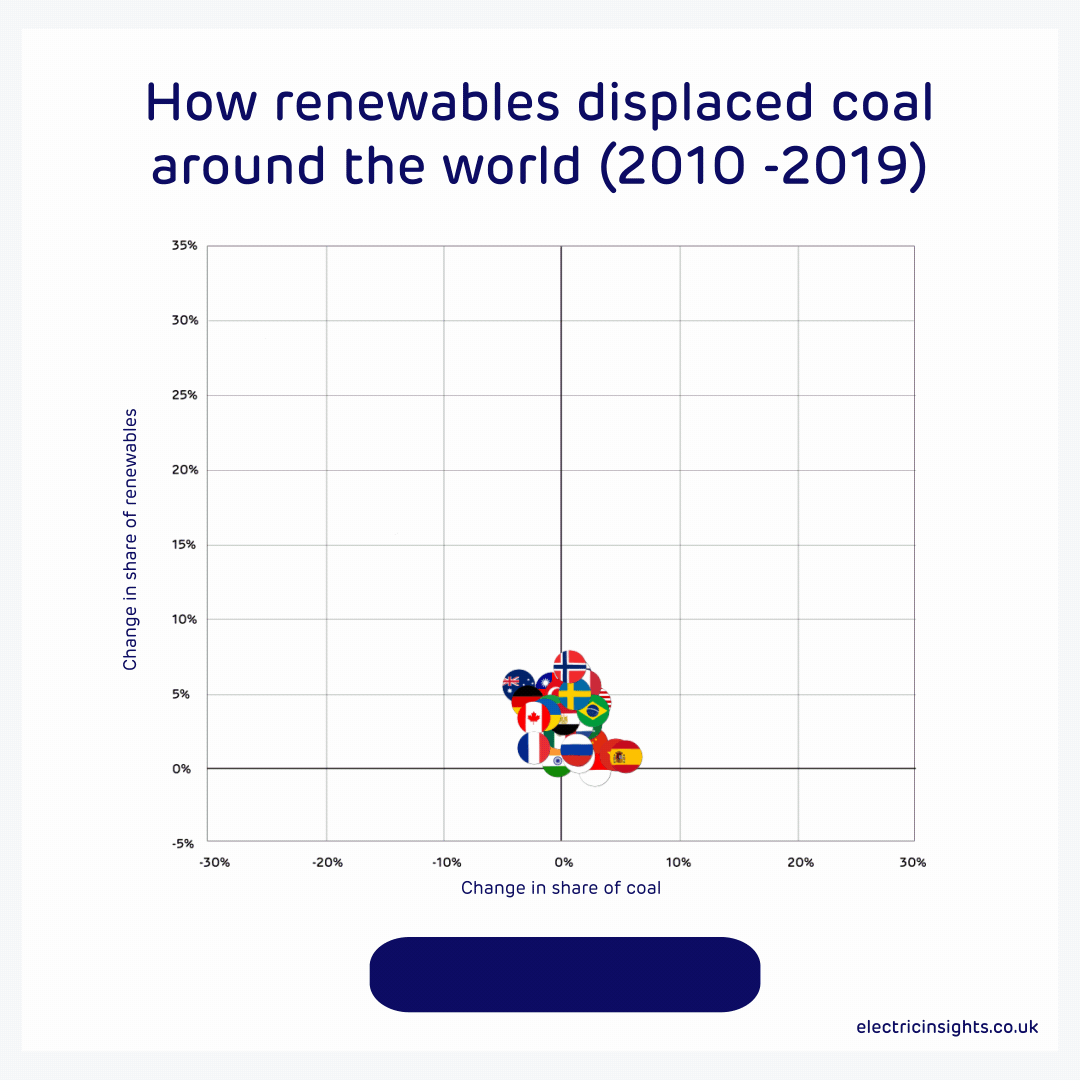
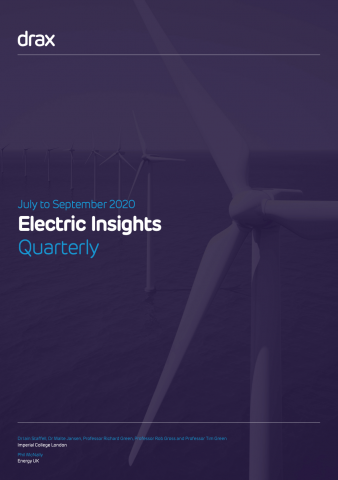




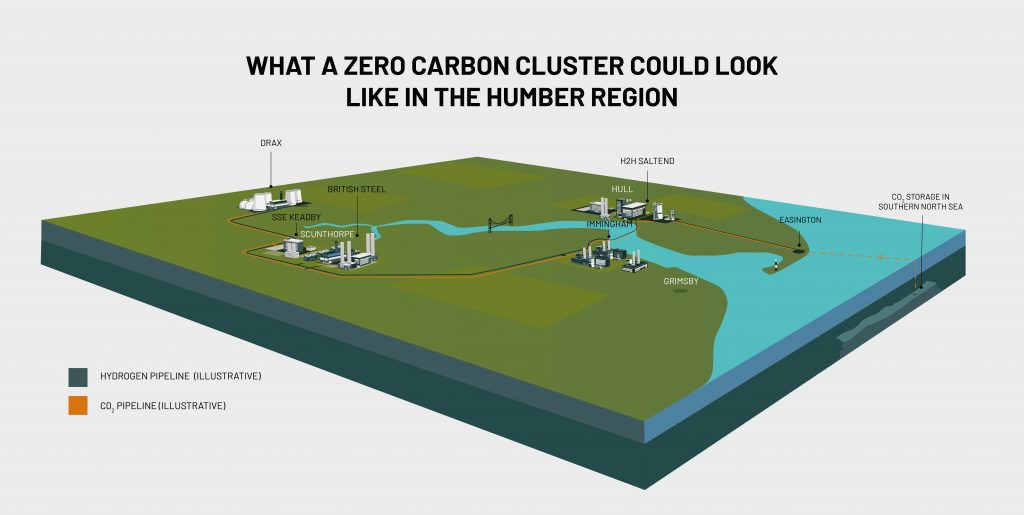
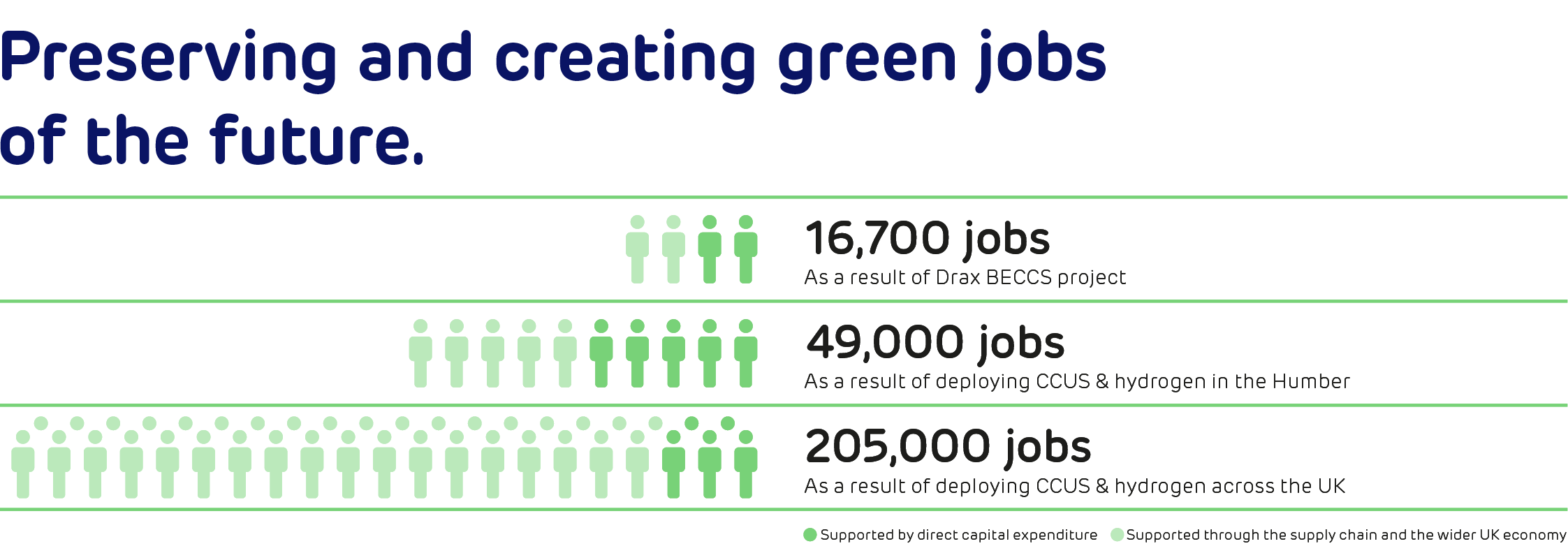

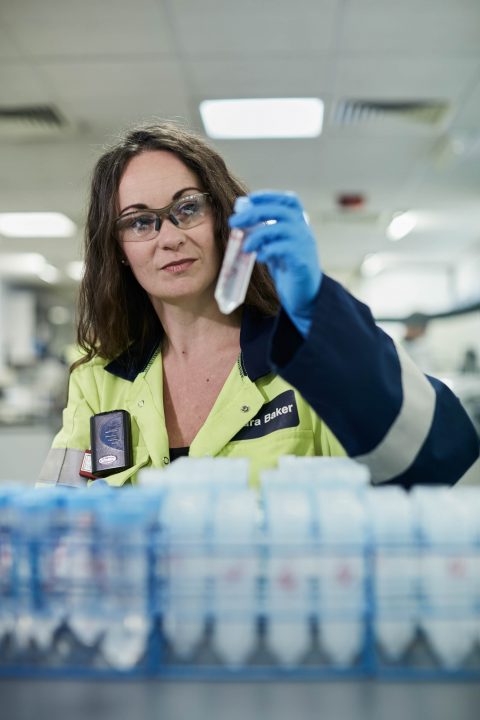 British Chamber of Commerce Director General Adam Marshall said:
British Chamber of Commerce Director General Adam Marshall said: